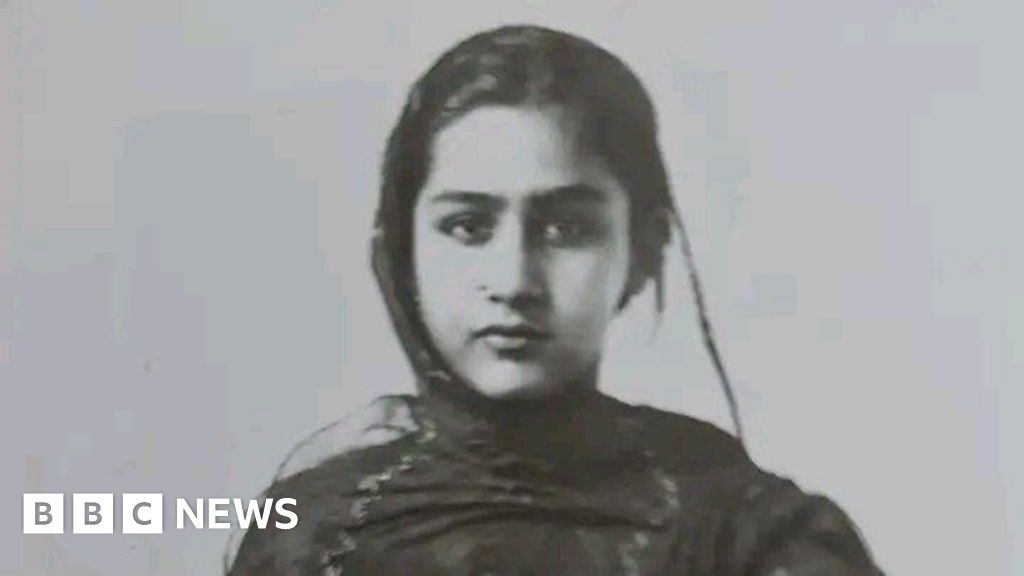The Intriguing Life of Abida Sultaan: A Rebel Princess
Early Life and Background
Abida Sultaan, born in 1913, was the eldest daughter of Bhopal’s last Nawab, Hamidullah Khan. She was anything but a conventional princess. Known for her short hair, she was a skilled marksman, an accomplished polo player, and even an avid aviator. Abida’s adventurous spirit saw her behind the wheel of a Rolls-Royce at just nine years old.
Raised in a lineage of courageous ‘begums’—Muslim women of high rank—who had ruled Bhopal for over a century, Abida actively challenged societal norms surrounding women and, notably, Muslim women. She defied the traditional practice of purdah, which mandated women to cover themselves and separate from men, and at the age of 15, she became the heir apparent to the throne.
Breaking Gender Norms
Abida managed her father’s cabinet for over a decade, engaging with prominent freedom fighters and witnesses to the tumultuous aftermath of India’s partition in 1947. Groomed for leadership under the watchful eye of her grandmother, Sultan Jehan, a stern ruler, Abida was tasked with extensive responsibilities from a young age.
In her autobiography, Memoirs of a Rebel Princess, Abida recounts an early morning routine that involved Quranic readings coupled with an array of activities, from sports to household chores. In reflecting on her upbringing, she remarked, “We girls were not allowed to feel any inferiority on account of our sex. Everything was equal.”
Rebellion against Tradition
Despite her privileged upbringing, Abida exhibited a strong independent streak, often clashing with her grandmother over the imposition of purdah that she faced at 13. Her father’s progressive views helped her resist these restrictions for the rest of her life.
At the tender age of 12, Abida was married to her childhood friend, Sarwar Ali Khan, the ruler of the neighboring Kurwai princely state. However, her wedding day was filled with confusion. In her memoir, Abida humorously describes how she stumbled into the nikah chamber unaware she was the bride—a testament to her unexpected journey into marriage.
Challenges of Marriage
Abida’s married life presented its own challenges. Struggling with feelings of inadequacy and a lack of knowledge about intimacy, she candidly wrote about her marital trauma. “Immediately after my wedding, I entered the world of conjugal trauma,” she recalled, indicating that her discomfort with sexual relations led to the deterioration of their marriage.
The breakdown of her marriage brought about a fierce custody battle for her son, Shahryar Mohammad Khan. In a bold move to assert her rights, Abida confronted her husband with a revolver, demanding he either shoot her or relent in the ongoing dispute.
A Legacy of Leadership
After reclaiming custody of her son, Abida continued her dual role as a mother and the heir to the throne. From 1935 until Bhopal’s integration into the Indian state of Madhya Pradesh in 1949, she effectively led her state’s cabinet. Her presence at various round-table conferences allowed her to interact with influential figures, including Mahatma Gandhi and Jawaharlal Nehru.
During this tumultuous time, she witnessed the widening rift between Hindus and Muslims, alongside the accompanying violence that beset the nation.
Migration to Pakistan
In 1950, after facing increasing discrimination and hostility in Bhopal, Abida relocated to Pakistan, bringing nothing but her son and aspirations for a brighter future. Once in Pakistan, she dedicated herself to championing democracy and women’s rights throughout her political career.
Abida Sultaan passed away in Karachi in 2002, leaving behind a legacy as a trailblazer. Although the Indian government named her sister as her successor after her departure, Abida’s impact remains noteworthy in Bhopal, where she is affectionately remembered as ‘bia huzoor’.
Conclusion
Despite the passage of time and the changing political landscape, Abida Sultaan’s remarkable life serves as an inspiring story of a woman who broke boundaries, defied expectations, and left an indelible mark on the pages of history. Her life continues to inspire those who challenge gender restrictions and fight for equality.


